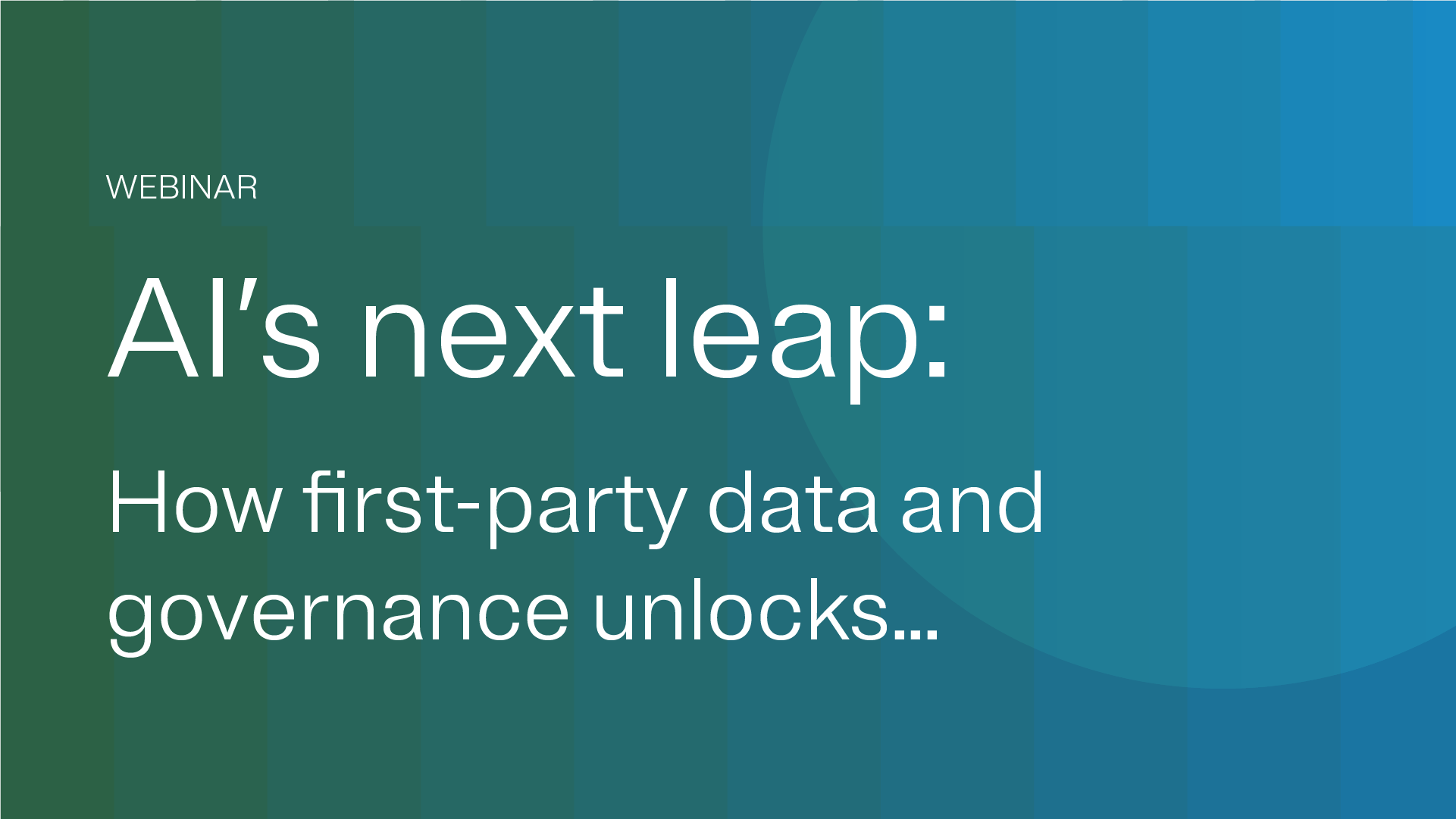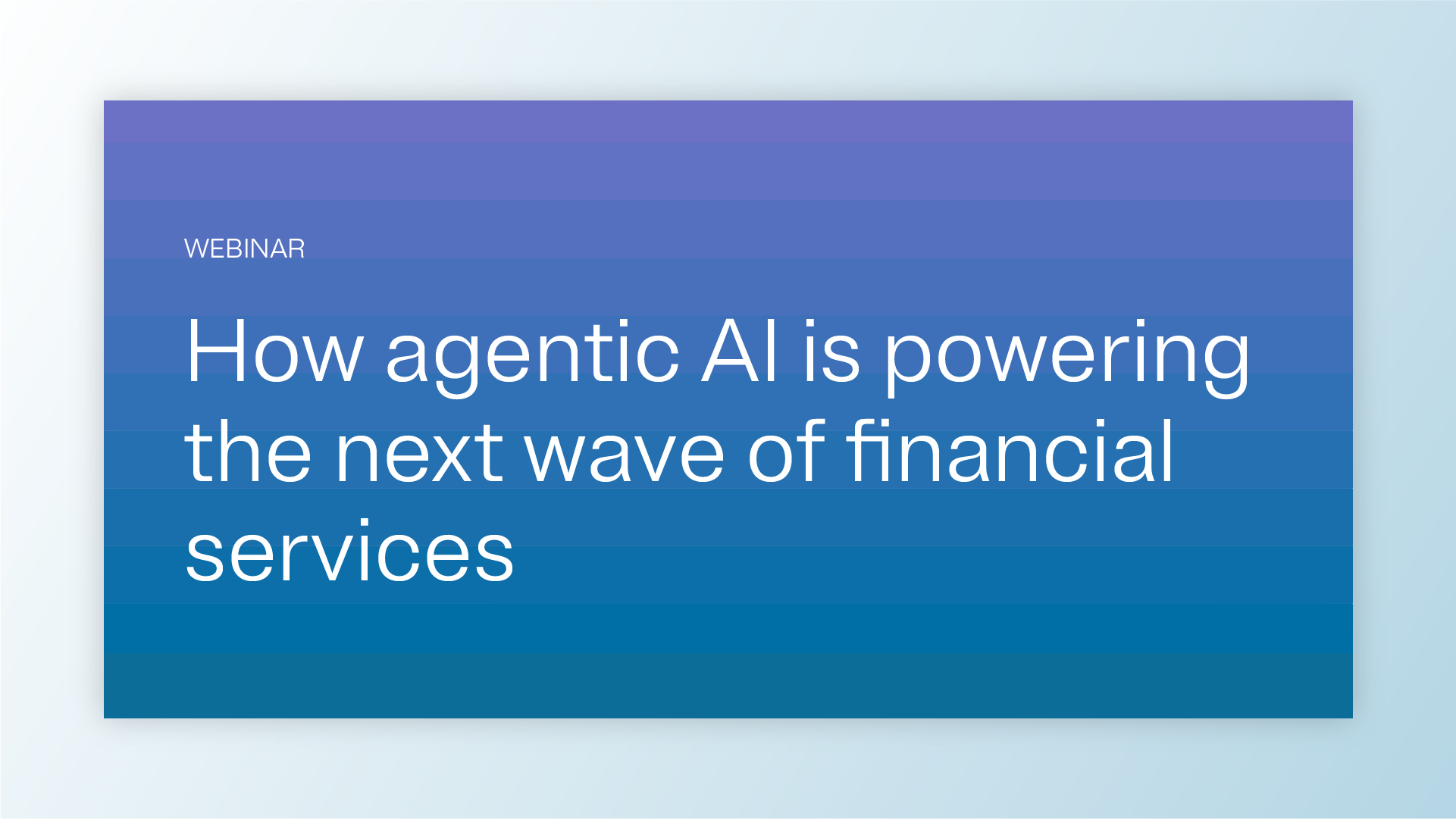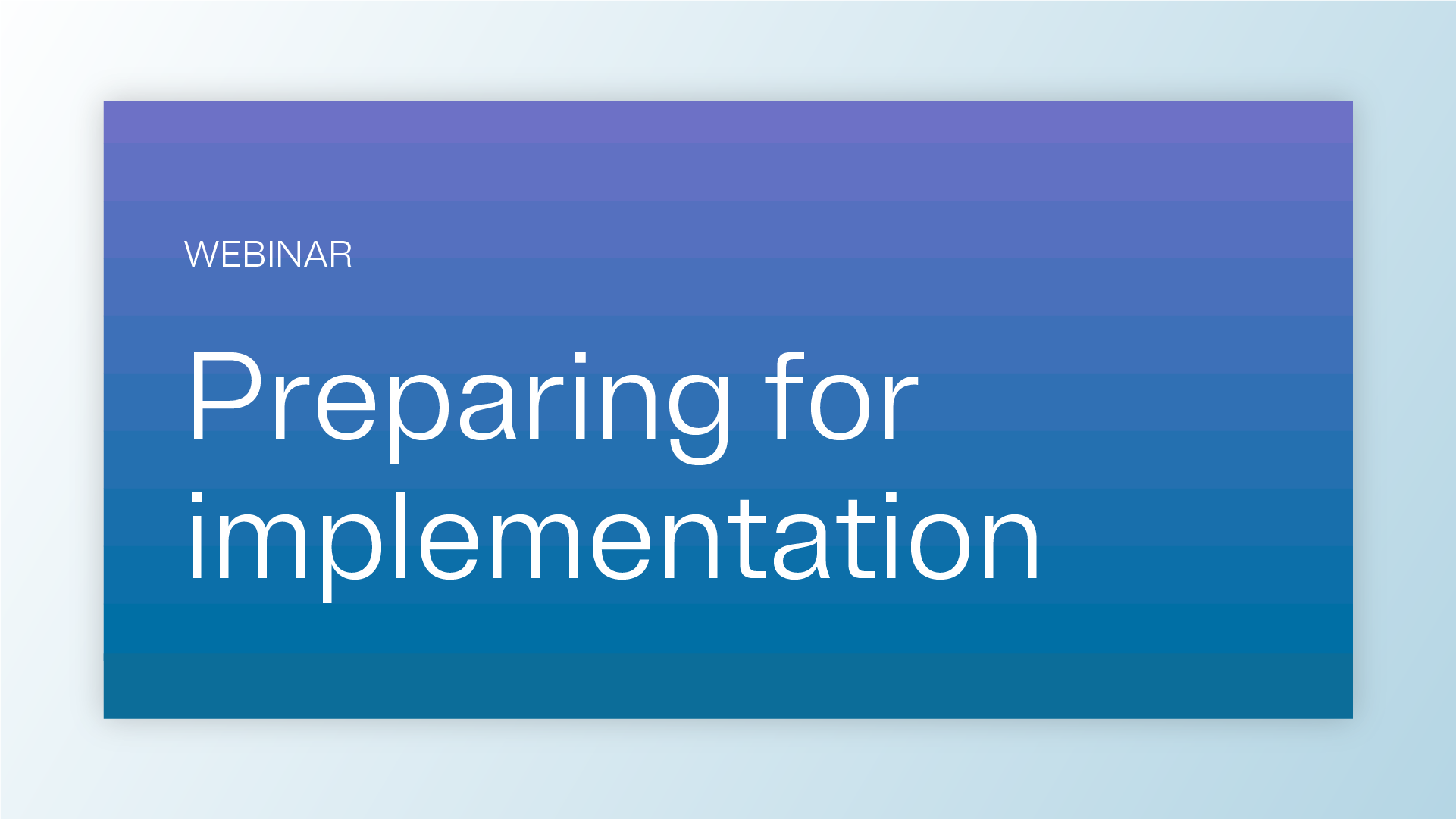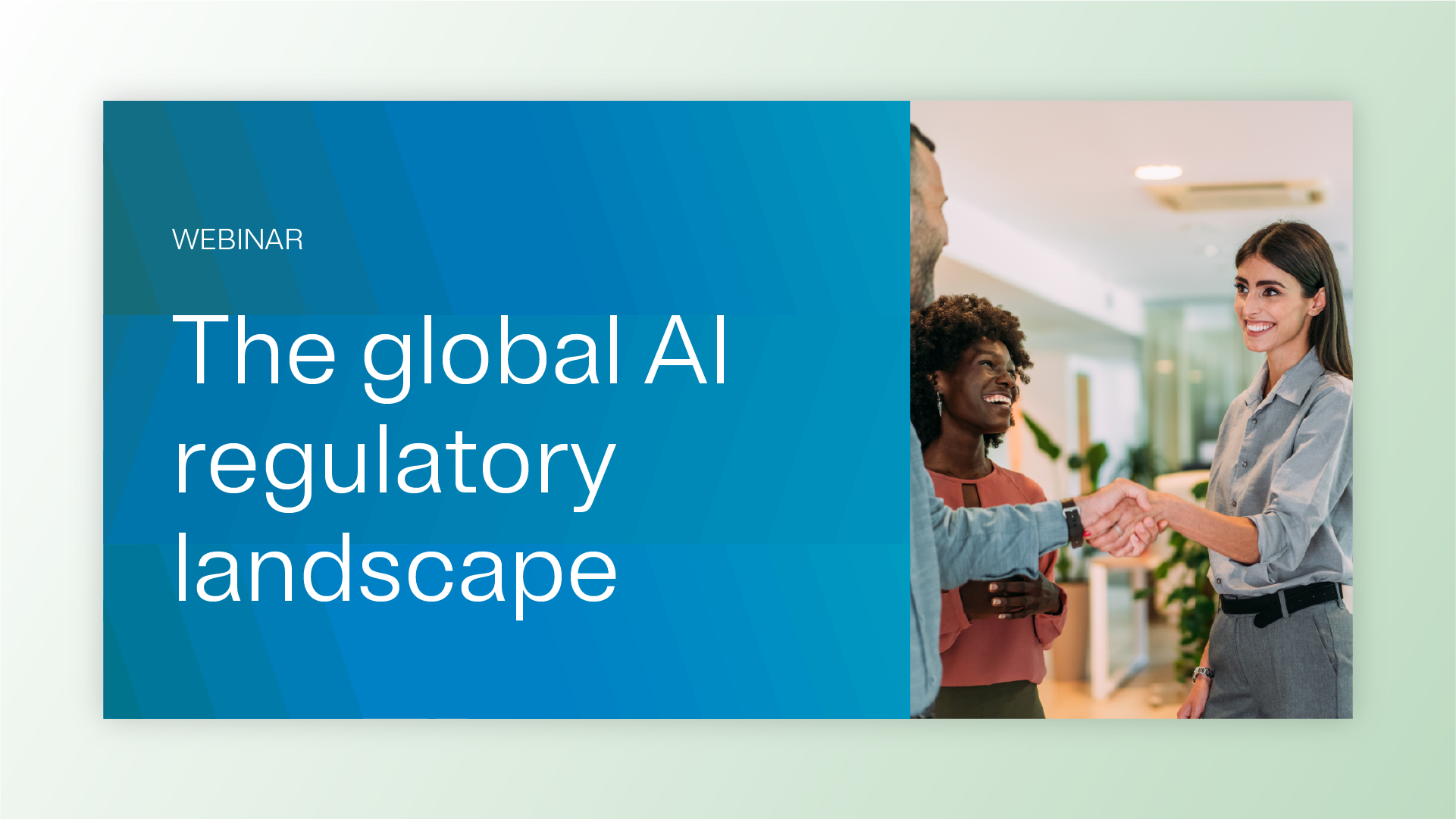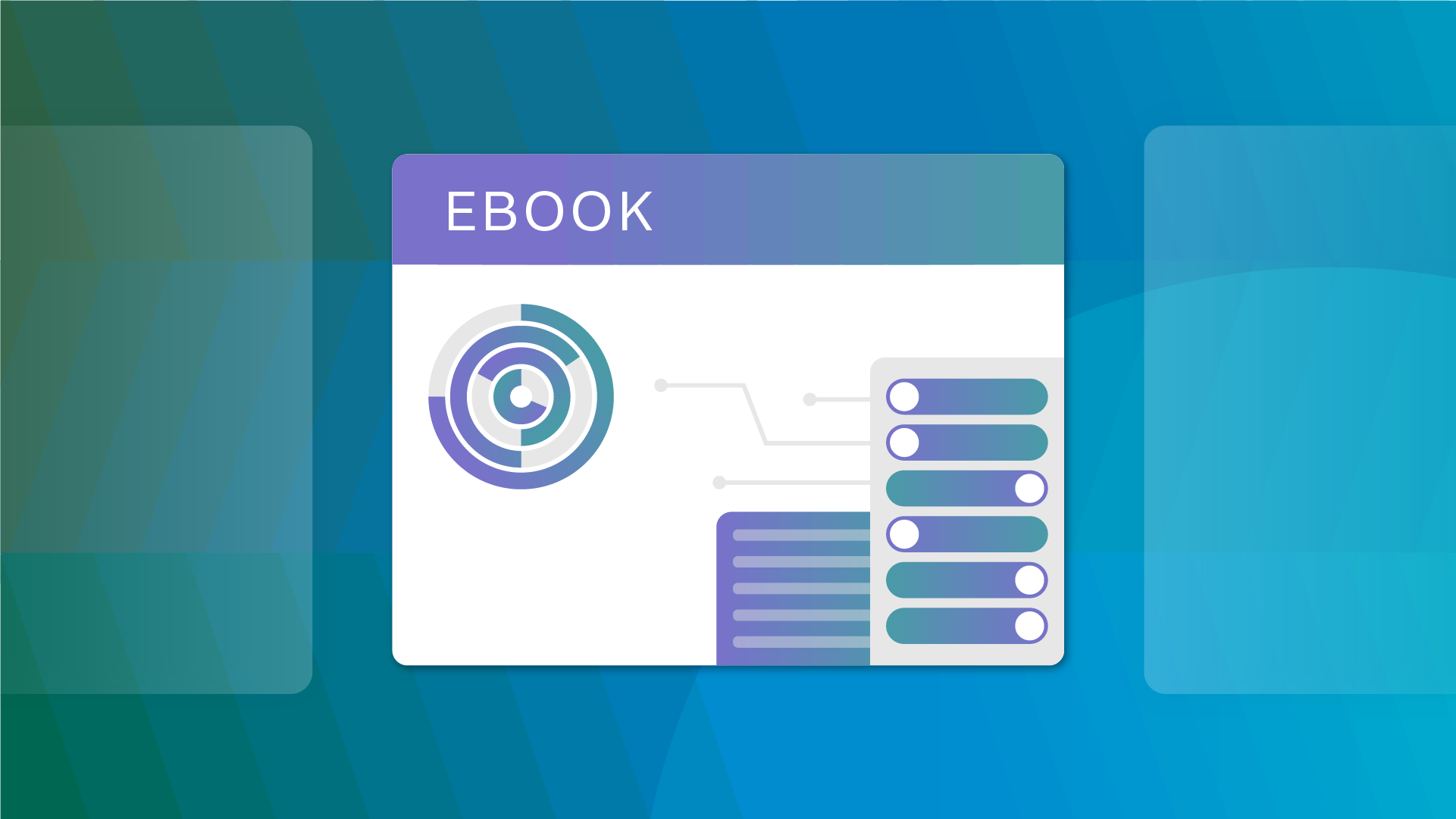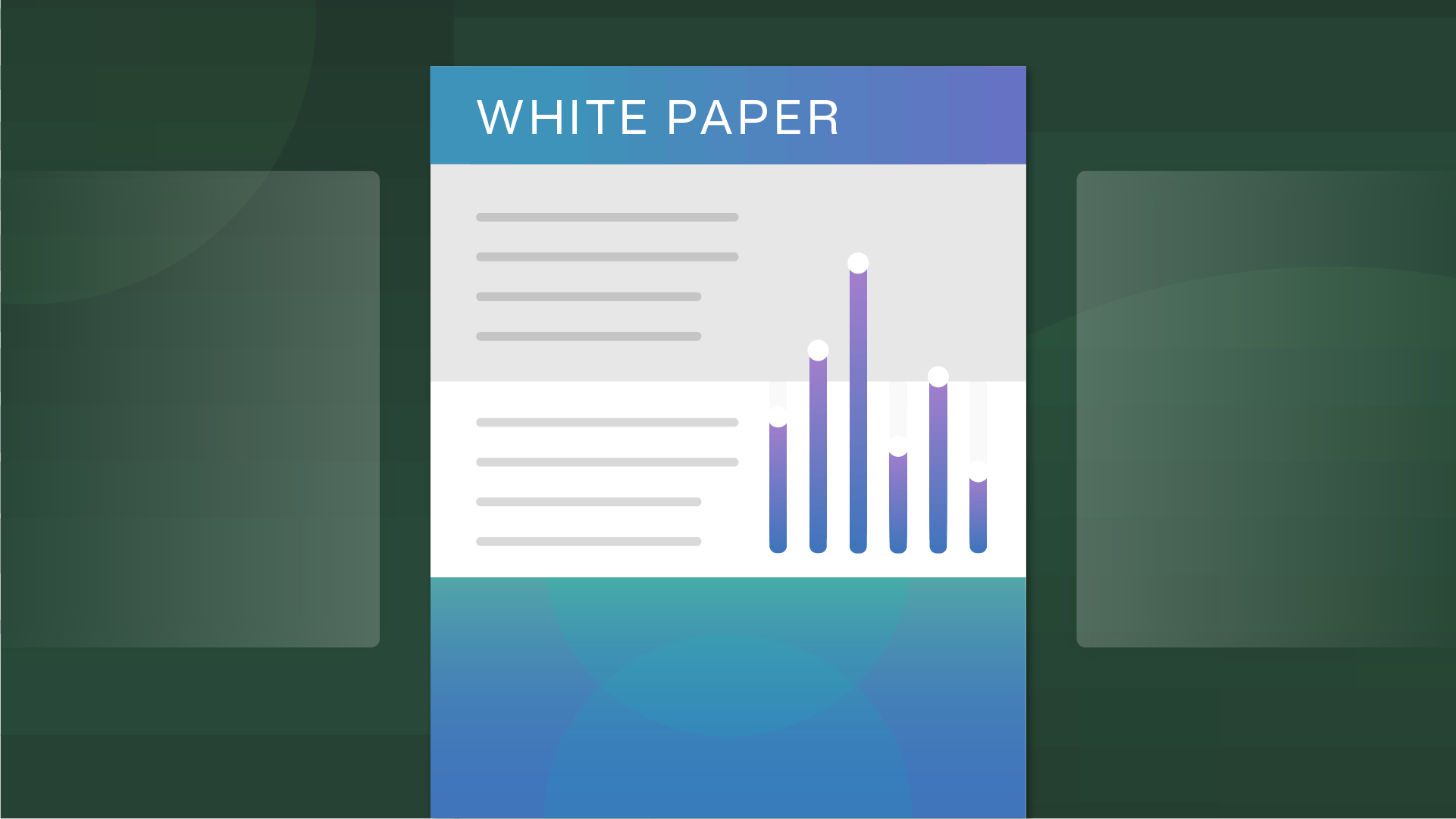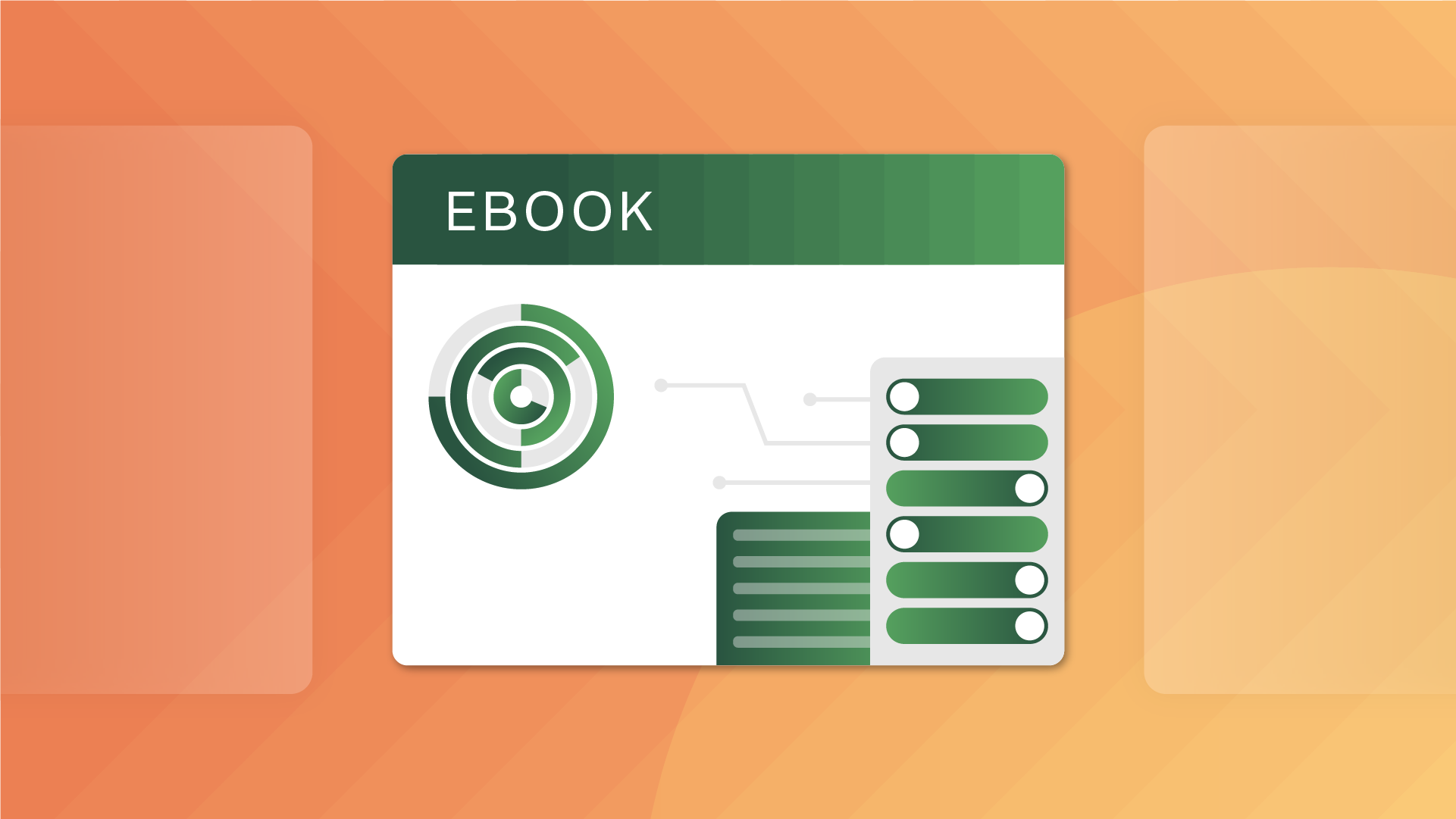We’re living in a world driven increasingly by data. Organizations large and small are gathering customer and industry data from a variety of sources, analyzing it for trends and patterns, and then using it to identify new market opportunities, optimize sales strategies, and improve the customer experience. This process is known as data discovery.
Artificial intelligence (AI) tools have transformed what’s possible in data discovery, and every enterprise is looking for ways to use it that will create quick and profitable business opportunities. However, AI also presents potential risks to organizations.
Privacy and security professionals in particular are concerned about the responsible use of AI in data discovery, especially as it relates to protecting customers’ personally identifiable information (PII) and financial data, complying with data privacy and security regulations, and creating unbiased data sets.
Watch the webinar to learn more about data discovery: Data Discovery Dispelled: Part 1 – Data’s dark corners.
What AI use in data discovery means for privacy professionals
Your company’s use of AI tools can enable privacy professionals to work more efficiently, but it can also keep them up at night.
AI tools can automate manual privacy-related tasks such as data classification, monitoring, and compliance assessments, which allows privacy professionals to focus on more strategic aspects of their jobs. AI can also analyze vast amounts of data quickly and accurately to look for privacy violations or predict potential privacy risks by analyzing historical data and patterns.
AI tools, however, can also cause concerns for privacy professionals. Consider the following examples:
Data collection and use
AI systems are typically trained on large data sets of “anonymized” personal data. Privacy professionals worry, however, that their company may be collecting data without individuals’ knowledge or consent, using data that individuals have not provided consent for, or simply collecting far more data than the company needs.
Transparency and accountability
AI systems are extremely complex, which makes it difficult to understand how they work and how they make decisions. This characteristic makes it challenging for privacy professionals to ensure that AI tools are operating in a privacy-compliant manner.
As governments and other regulatory bodies deliver more and more privacy legislation, compliance with applicable privacy laws and regulations is essential. So, privacy professionals stress the importance of transparency as a critical feature of responsible use of AI in data discovery.
Bias and potential discrimination
If the data being used to train AI algorithms is biased toward certain groups of people, the AI algorithm may well reflect that bias, which can effectively perpetuate existing biases against women, minorities, LGBTQ populations, or other marginalized groups. Privacy professionals worry that companies are not taking adequate steps to mitigate bias in their AI tools.



